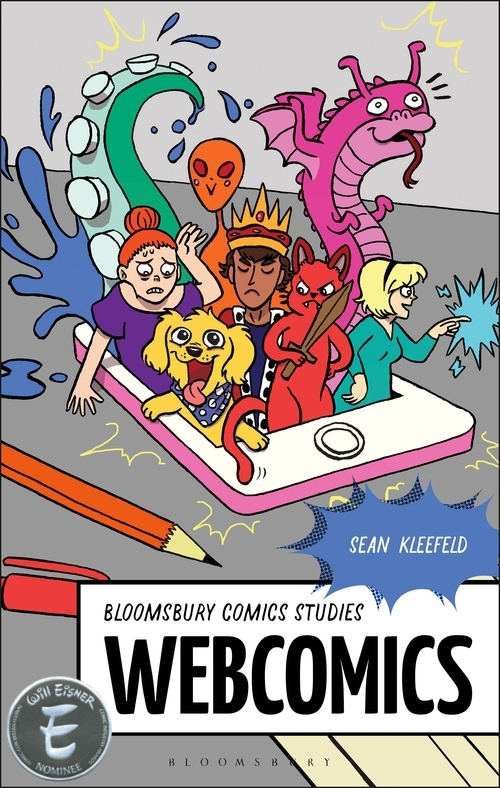As you may or may not be aware, the demographics of the United States have been and are still changing. As a percentage, you can see Caucasian's dominance has been declining since the mid-1960s and is expected to drop below 50% in the next decade or two. While the percentage of Blacks has remained fairly constant, the number of people identifying as Hispanic or Asian has been rising and two combined and will make up around 35% of the US population when Caucasians cross that 50% threshold.
Despite those numbers, and despite the fact that segregation was officially abolished in 1964, most Caucasians have very, very few non-white friends. You've seen this Washington Post infographic from a couple years ago, right?
This suggests that most white Americans, either consciously or subconsciously, segregate themselves from non-whites. What this further means is that, when a comic creator is white and s/he uses almost exclusively white characters, that's in part because they're simply reflecting their personal reality.
See, humans are insanely ego-centric creatures. Even though we technically have the capability to imagine what it's like to be in other situations we're not in, or to be someone unlike ourselves, we still primarily think in terms of ourselves. Things are strange only in relation to what we already know. So a comic creator who might put two or even three minorities in their comic is doing something that seems strange and different form what they know. They're (perhaps not overtly or consciously) afraid that readers won't connect to their story if the characters are too far removed from what they (the readers) know... which they assume is what they (the creators) know.
The problem, of course, goes back to that first graphic. Even though a creator's reality might include almost no people of color, that's not reflective of the country itself. They're ignoring 40% (currently) of their potential audience by ignoring the fact that they even exist. "Well, I don't know any Black people so there can't be that many out there to read my work." It's a completely faulty assumption, akin to assuming that no one can see color if they happen to be colorblind. Just because a specific creator doesn't have that experience doesn't mean it's universal. Or even common.
Creating a world that's reflective exclusively of a creator's own is both boring and lazy. And that may have been acceptable at the dawn of the comic industry when comics were considered a disposable medium barely worthy of more than disdain. But it's 2016 now. Comics have won many, if not all, of the major literary awards, and are helping Hollywood make hundreds of billions of dollars. Comics can be found in almost any bookstore, and are regularly taught on college campuses. Comics are a genuine, respected medium any more. Shouldn't they be held to a higher standard than the pulp rags they once were in the 1930s?
On -isms: Don't Be a Lazy Comic Creator
By Sean Kleefeld | Thursday, May 05, 2016
Leave a Comment








0 comments:
Post a Comment